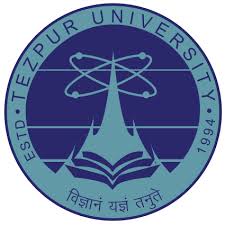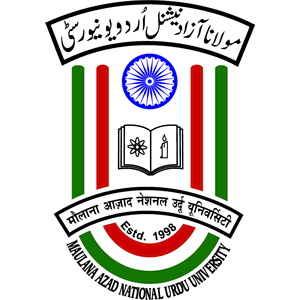Basic details
About University
Young at forty two years, as universities go, what has lent strength and energy to Jawaharlal Nehru University is the vision that ideas are a field for adventure, experimentation and unceasing quest and diversity of opinions its chief premise. In the early 1970s, when JNU opened its doors to teachers and students, frontier disciplines and new perspectives on old disciplines were brought to the Indian university system. The excellent teacher-student ratio at 1:10, a mode of instruction which encouraged students to explore their own creativity instead of reproducing received knowledge, and an exclusively internal evaluation were a new experiment on the Indian academic landscape; these have stood the test of time. The very Nehruvian objectives embedded in the founding of the University, national integration, social justice, secularism, the democratic way of life, international understanding and scientific approach to the problems of society had built into it constant and energetic endeavour to renew knowledge through self-questioning.
Vision
The bill for the establishment of Jawaharlal Nehru University was placed in the Rajya Sabha on September 1, 1965 by the then Education Minister, Mr M.C. Chagla. During the discussion that followed, Hon. M.P. Mr. Bhushan Gupta voiced the opinion that this should not be yet another university. New faculties should be created, including scientific socialism, and one thing that this university should ensure was to keep noble ideas in mind and provide accessibility to students from weaker sections of society. The JNU Bill was passed in Lok Sabha on 16th November 1966 and the JNU Act came into force on 22nd April, 1969.
Contact Details
Vice Chancellor
Prof. S. K. SoporyAddress
New Delhi-110 067, IndiaPhone Numbers
91-11-26704001Fax Numbers
91-11-26742580Contact Email
[email protected]Website
http://www.jnu.ac.in/





